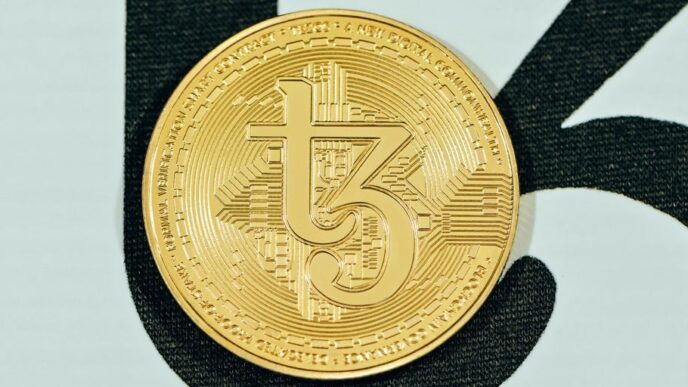Phishing: Phishing scams frequently take the shape of phony emails or messages that are created to appear as though they are from a reliable source and that demand personal information, such as bank or credit card numbers or passwords.
Malware: Malicious software designed to infect computers, such as viruses, worms, and trojan horses, is referred to as malware. Data can be stolen, devices can be taken over, and even people can be spied on.
Tech Support Scams: A popular form of fraud, tech support scams involve con artists pretending to be an actual tech support staff in order to access a user’s computer or personal information. Cold calling bogus technicians who attempt to persuade the user to pay for needless services is a common tactic used in these scams.
Identity Theft: When a person’s personal information is stolen and utilized fraudulently, identity theft has taken place. Theft of bank accounts and credit card numbers are just two examples.
Fraudulent activity at online auctions is on the rise since more transactions take place there and buyers and sellers are frequently anonymous. From fake items to goods that never show up, this kind of fraud can entail them all.
Report all Scam Cases to ww.tacticalrefunds.com. Consultation is free













